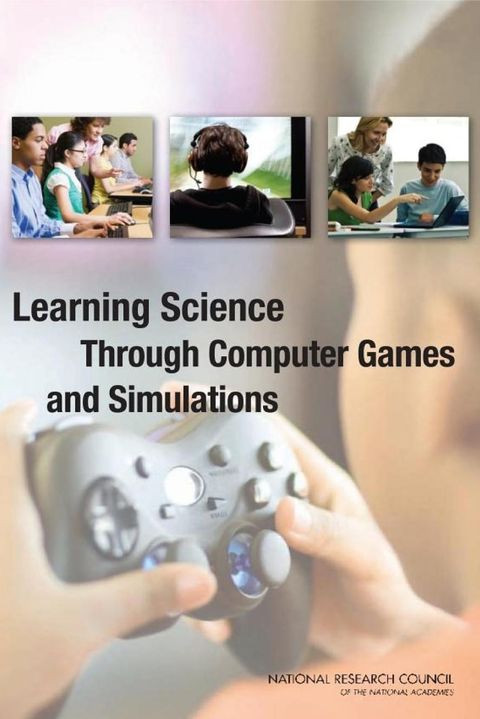

Most ebook files are in PDF format, so you can easily read them using various software such as Foxit Reader or directly on the Google Chrome browser.
Some ebook files are released by publishers in other formats such as .awz, .mobi, .epub, .fb2, etc. You may need to install specific software to read these formats on mobile/PC, such as Calibre.
Please read the tutorial at this link: https://ebookbell.com/faq
We offer FREE conversion to the popular formats you request; however, this may take some time. Therefore, right after payment, please email us, and we will try to provide the service as quickly as possible.
For some exceptional file formats or broken links (if any), please refrain from opening any disputes. Instead, email us first, and we will try to assist within a maximum of 6 hours.
EbookBell Team

5.0
18 reviewsAt a time when scientific and technological competence is vital to the nation's future, the weak performance of U.S. students in science reflects the uneven quality of current science education. Although young children come to school with innate curiosity and intuitive ideas about the world around them, science classes rarely tap this potential. Many experts have called for a new approach to science education, based on recent and ongoing research on teaching and learning. In this approach, simulations and games could play a significant role by addressing many goals and mechanisms for learning science: the motivation to learn science, conceptual understanding, science process skills, understanding of the nature of science, scientific discourse and argumentation, and identification with science and science learning.
To explore this potential, Learning Science: Computer Games, Simulations, and Education, reviews the available research on learning science through interaction with digital simulations and games. It considers the potential of digital games and simulations to contribute to learning science in schools, in informal out-of-school settings, and everyday life. The book also identifies the areas in which more research and research-based development is needed to fully capitalize on this potential.
Learning Science will guide academic researchers; developers, publishers, and entrepreneurs from the digital simulation and gaming community; and education practitioners and policy makers toward the formation of research and development partnerships that will facilitate rich intellectual collaboration. Industry, government agencies and foundations will play a significant role through start-up and ongoing support to ensure that digital games and simulations will not only excite and entertain, but also motivate and educate.